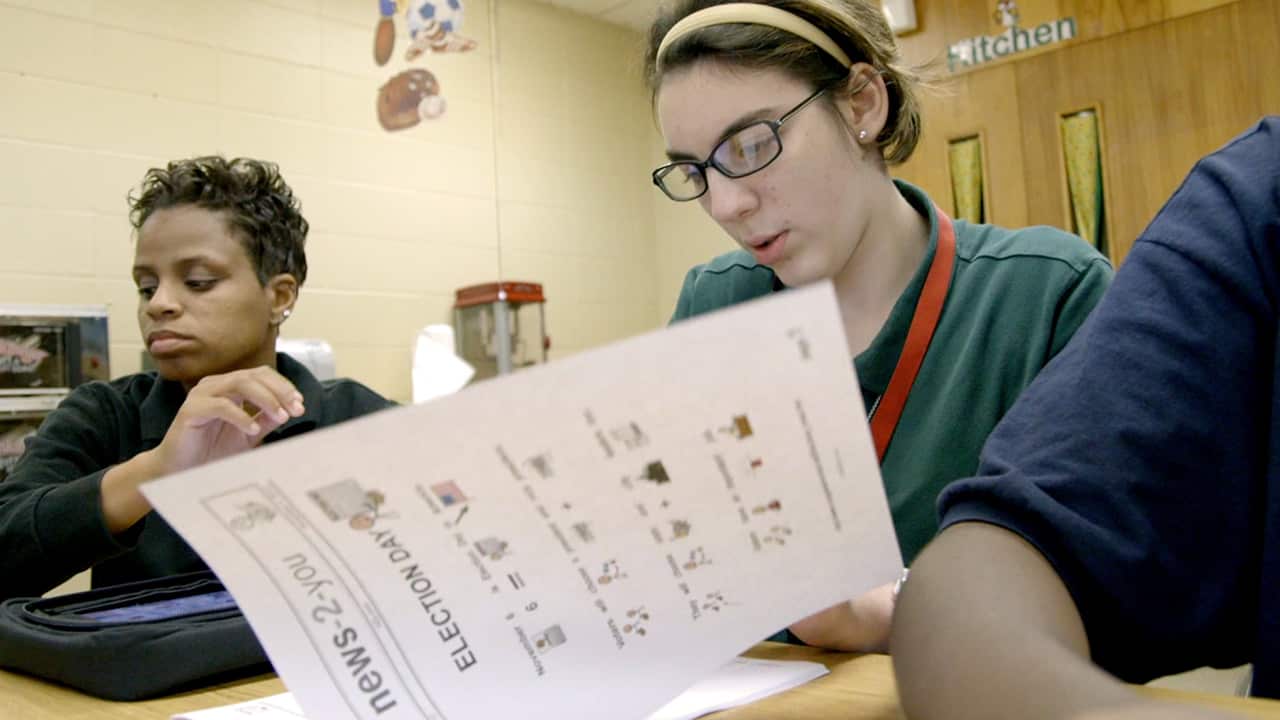As the child faces both successes and challenges in the educational setting, how can we ensure that the interactions between parents and teachers emphasize what both ultimately want for that student: a meaningful education and a sense of belonging in the school community?
The IEP Team and Their Roles
A student’s special education team must include, at a minimum, their parent, general education teacher, special education teacher and an administrator. All members of the team play an equal part in ensuring success for the student. As with any team, the relationships are important and will impact the communication and clarity of the expectations that are established.
In order to effectively communicate and build a healthy parent-teacher relationship, both parties must openly share relevant information and seek to understand the other team members’ goals, especially when creating the child’s Individualized Education Plan (IEP).
- The role of the teacher is to keep the parent informed on their child’s progress.
- The role of the parent is to keep the school informed on whether what they are seeing at home is different than what is being reported at the school.
Before meeting with parents, help them feel more like a collaborative partner by gathering information ahead of time and explain to them what will happen at the meeting—agendas at meetings can do wonders. Also, ask them if they have any areas they would like to address or concerns they would like to share. This will help ensure that everyone is on the same page going into the meeting and making the best use of the time you have together. If communication is successful, all members should feel as though their comments were of value and that they actively listened to one another as equal partners working toward the same outcome.
Remember that an IEP exists for two basic reasons:
- To create measurable goals for the child
- To indicate the specialized instructional services that the school will provide for the child to meet those goals
If each team member does not have clear expectations as to how these goals will be met, then the relationships within the team are at risk. Great teams rely on each member knowing their role, being accountable and being honest about what is working and what is not. Great teams are also backed by the power of data.
If the accommodations, modifications and specialized instructions as written in the IEP are not being implemented as expected or are not assisting the child in accessing the general education curriculum as planned, that information needs to be shared in a timely and accurate manner and the roles and responsibilities of team members need to be addressed. This shouldn’t be to place blame, but to get the team refocused on how the special education services can assist the student in accessing a meaningful education.
Ultimate Goal of the IEP Process
The ultimate goal is to help the student feel like an active participant in the school community and to help them learn and grow like any other student. The IEP is a tool designed to accomplish that!
If the IEP team focuses on establishing clear communication and clear expectations, the relationships between team members will be healthy and productive. This is especially true for the relationship between the parent and teacher, who have such key roles in the child’s education.
*In the interest of readability and simplicity, I will use “parents” to refer to any family member or caregiver responsible for the child in the home setting.



